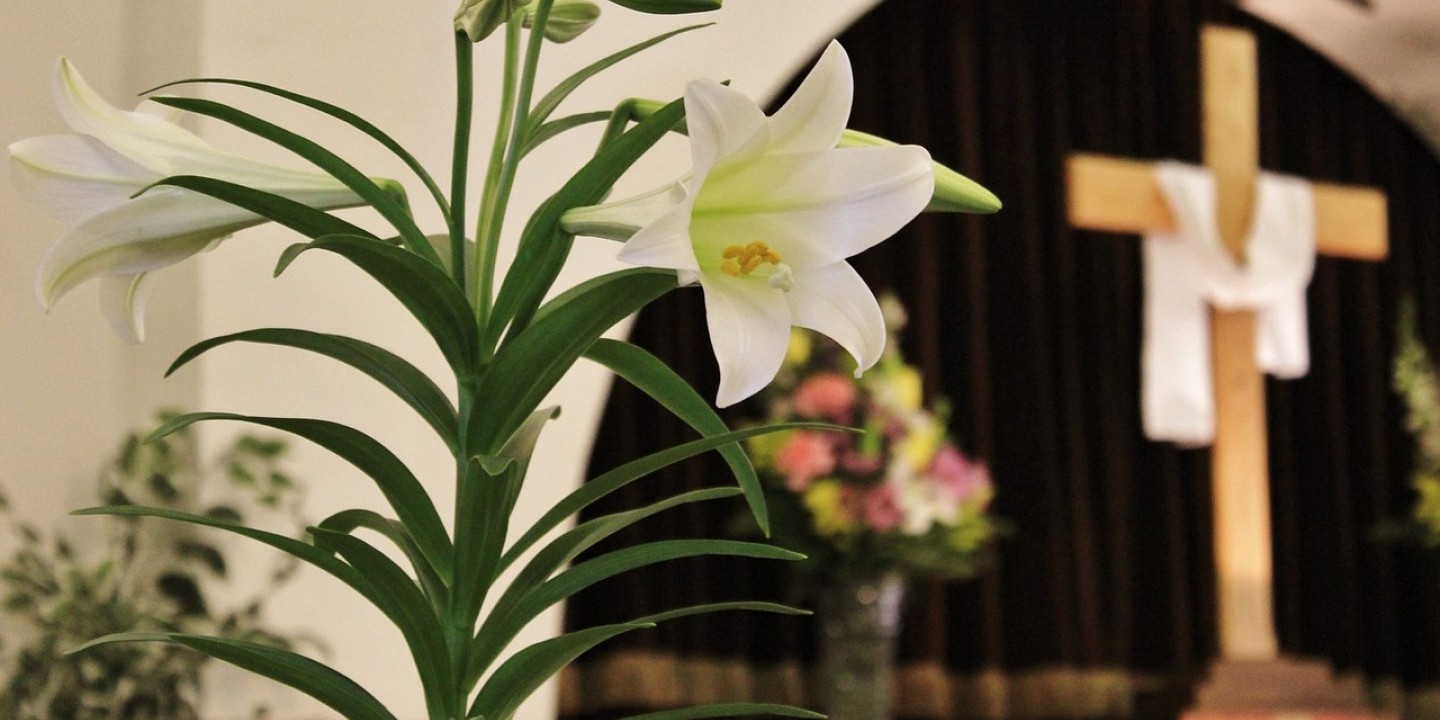The Easter Maybe people
Some of us church insiders have more in common with the undecided folks than we often say.

Easter Sunday these days is like a giant dinner party where you fuss with the menu and the decorations. You dust the pews. You hire musicians. You triple the flowers. You put the best greeters at the doors. If you are a pastor, you triple-prepare your sermon.
And you swear you won’t tell any jokes about all the extra people, the ones who come just for the good stuff. After all, a lot of sensible people stay away from church. They have trouble believing what appears to them to be unbelievable, and they don’t want to lie about it. They find our rituals and our music and our creeds to be a bit phony.
Some of them do, however, turn up on Easter Sunday. They are undecided people, passionate about neither their beliefs nor their doubts. They are Easter Maybe people.
Church insiders might find this group confusing. Yet some of us have more in common with them that we often say.
Let me confess. I am an Easter Maybe person. I lean toward the possibility of life after death—because I think life itself is so miraculous. Birth is amazing. Why wouldn’t death be? No less a brain than Einstein’s divided people into two categories: those who don’t believe in miracles and those who think everything is a miracle. I’m in the second group.
But the resurrection of the body? Really? I suppose such a thing is possible. But it strikes me as anthropocentric hubris writ large.
I recently talked to a Coptic Christian woman with a very literal belief both in heaven and hell and in bodily resurrection. She had fallen in love with a man who was the kind of Christian who doesn’t believe in the afterlife and its binary accommodations. She was worried stiff: What if she went to heaven and he went to hell? And she was stranded between what she was taught to believe and the questions she now had. “Why,” she asked, “would God not raise all from the dead?”
I didn’t say what I was really thinking, which is that God doesn’t raise anybody from the dead or condemn anyone to hell, either. Neither the Nicene nor the Apostle’s Creed has explained the resurrection of the body for me. So how can I explain it to others?
I think pastors like me can be more gentle toward other Easter Maybe people and their yearning. We can stop calling them skimmers and start calling them honest. We can let people know that the biggest story of our faith is based on a small amount of direct testimony. We can tell them that the biblical accounts of the resurrection differ significantly from Gospel to Gospel. We can focus on the Emmaus story or the disciples’ breakfast with Jesus on the beach. It is a right-size claim that people felt a presence while cooking a fish at dawn beside a lake.
And we can shift the focus from belief to trust. Whenever I’m a guest preacher, I welcome the agnostics who are in the pews—some of whom come every Sunday. They don’t believe the words of scripture, but they do in some sense trust them. The kind of faith that requires a traditional “belief” may well be gone. But we still have a powerful need for a sense of the afterlife that is both credible and beautiful. To reframe what both the insiders and outsiders don’t believe, we’d have to welcome the trusters, the miracle people—not just the believers. We’d have to welcome our fellow Easter Maybe people to something other than belief.
The Easter Maybe crowd will swell again on April 21. When it’s time to sing “Christ the Lord is Risen Today,” the organ and the Alleluias will speak to me. I have little understanding of “risen” except that to sing this hymn you have to stand. When we move on to “Thine is the Glory, Risen, Conquering Son,” I have similar feelings. The organ raises me. It isn’t just the instrument’s majesty. The fact that Handel composed this big hymn tune in the 18th century matters to me. I want to say that I am singing with people who have been singing for hundreds of years. If we also do the Palestrina, we can go back even farther. Its paced Alleluias assure me that the strife is over and the battle won. The Passover of gladness has arrived. I want to say that Easter is linked to Passover and Maundy Thursday to the Seder meal.
I don’t want to say how little I truly believe about the songs that I truly sing.
We belt out the news that death has lost its sting, and we support our song with lilies to help ourselves trust in life after death. We imagine that we are going to be brought safely across the Jordan somehow. We stand at the stone-closed grave and knock. I stand there with many others who trust it is true and, in the trusting, make it true.





